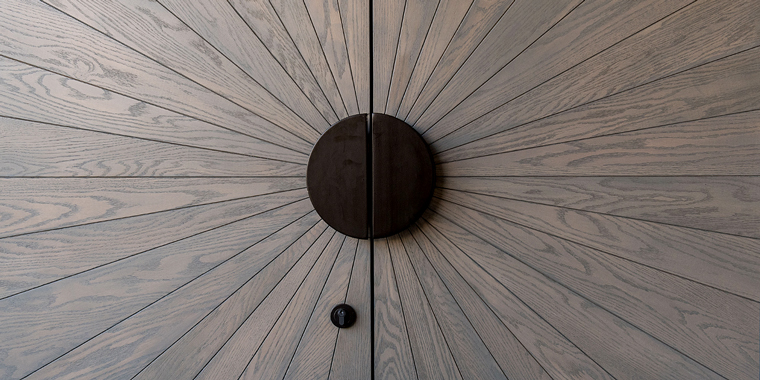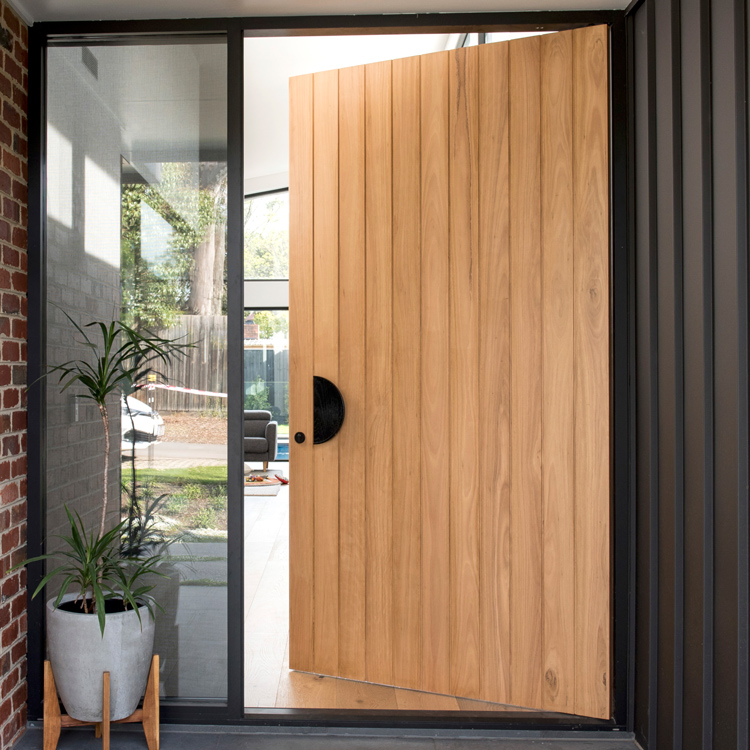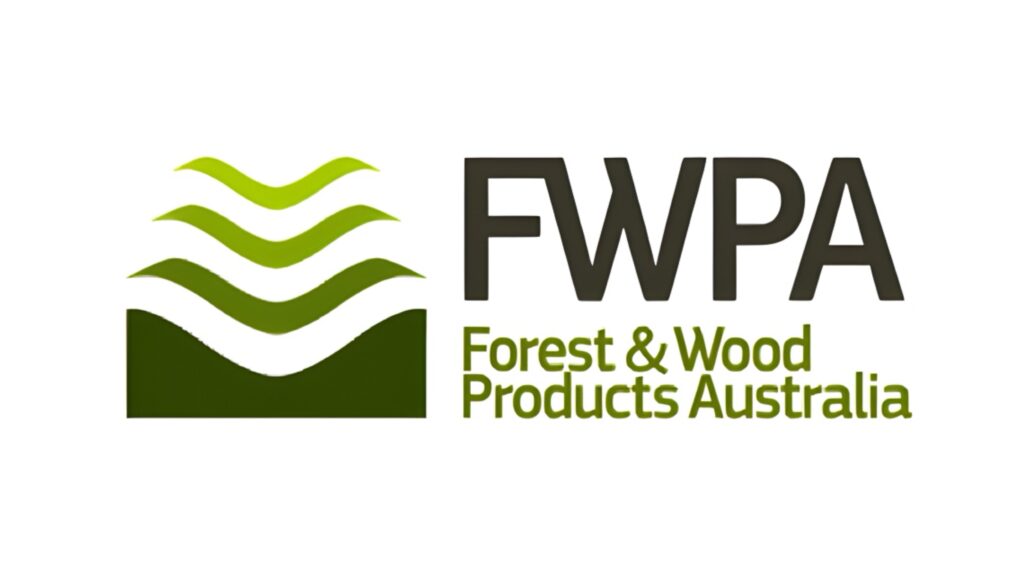TREE BREEDING AUSTRALIA RECEIVES GOVERNMENT BOOST
BUILDING A NATIONAL RESEARCH FACILITY AT MT GAMBIER
Lining boards are one of the many products that are now being adversely affected by the closures of native logging.
Image: Specialty Doors
Door manufacturer Specialty Doors has moved away from Australian hardwoods as a result of the Victorian Labor government’s decision to ban native forestry. Director Marcus Bastiaan laments the impact on his business’ ability to support the local timber industry.
“We were buying 10 packs of Australian hardwood a month, and one or two packs of imported timber. Today that is the opposite,” he said.
For the building industry the loss of Victorian Ash has driven up the price of building supplies. The timber species was most used by manufactures of doors, windows, flooring, furniture and staircases, and was well regarded due to its density and suitable for exterior uses in the Australian climate.
Due to the industries inability to use the timber, manufacturers like Specialty Doors have begun offering several imported species as replacements, including American oak, European beech and Eucalyptus grandis.
“American Oak is beautiful, but the price point is 50% higher than Ash. Beech is great on price, but it’s no good for external use. For now, our closest substitute on price, appearance and utility is grandis,” Mr Bastiaan said.
Eucalyptus grandis is a common species on the north coast of NSW and southern Queensland. However, the species is currently being imported from plantations in Uruguay.
 Mr Bastiaan is frustrated that Australian manufacturers are forced to rely on imported timber.
Mr Bastiaan is frustrated that Australian manufacturers are forced to rely on imported timber.
“Grandis is an Australian species being grown overseas and sold back to Australians. We should have been developing plantations thirty years ago. Instead, we are rewarding everyone else who has,” he said.
He believes the Victorian forestry industry should not have been shut down. He pointed to a similar series of events happening in NSW and Tasmania. With both states logging industries fighting activists in court.
Mr Bastiaan believes policy needs to change to ensure the survival of the local timber industry.
“The union, forestry industry and government need a better approach on timber. We should be planting, milling and selling our own,” he said.
As the timber industry navigates a changing environment, mills and manufacturers must look toward alternatives to continue the supply of hardwood to the domestic construction industry. Mr Bastiaan sees the uncertainty as a major detractor long term for the industry.
“Short term and inconsistent timber policy has driven up the price to manufacture and blown out lead times. The industry is losing skilled workers and struggling to attract apprentices. Ultimately all of this increases the cost of construction,” he said.










